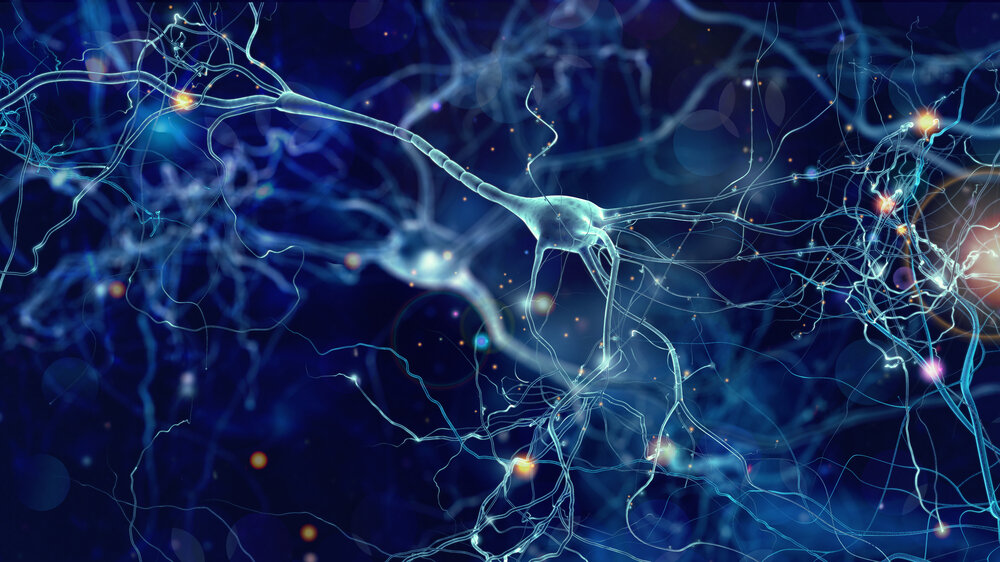Matcha is one of the oldest forms of tea. It was consumed throughout ancient China and Japan, but has survived the years mainly through the Japanese tea ceremony. Recently it has become popularized as a health drink and superfood.
When you consume tea, you are really only extracting about 20-40% of the compounds contained in the leaves. With matcha however, the whole leaf is powdered and mixed into the water. When you drink matcha, the entire leaf is being consumed, giving you 100% of the chemicals contained within the leaves.
So what are the chemicals contained in matcha green tea that make it so healthy?
Antioxidants:
Matcha (and other green teas) contains a rich source of polyphenols, which are plant chemicals found in a variety of plants that offer powerful antioxidant effects.
Green tea, and especially matcha or other shade-grown green teas contain high amounts of these antioxidants which are very well researched as important health-promoting chemicals. Free radicals are molecules that can be consumed in food, or produced from stress within the body, which have negative effects on all parts of the body, and play a role in the development of conditions such as heart disease, Alzheimers, inflammation, high cholesterol, irritable bowel syndrome, and diabetes.
By consuming antioxidant-rich foods like matcha on a daily basis you can help neutralize these free radicals, and in turn, minimize the damage occurring inside your body. Antioxidants have such a wide range of health benefits that I could not possibly list them all in this article, but the main ones are mainly related to anti-aging, neuroprotective, anticancer, hair loss (click here for more info), and general health promoting benefits. (Sources).
L-Theanine
Theanine is an amino acid found in the tea plant, it is in all tea, however, the shade grown varieties such as matcha contain much higher amounts of this health promoting amino acid. The higher, sweet tasting theanine, also means less of the bitter and astringent catechin.
Theanine is one of the rare chemicals that can pass the blood-brain barrier, which means it has direct effects on brain function. This amino acid has been found to have significant psychological effects on promoting relaxation, minimizing the negative effects of stress, improving memory, and cognitive function. It works through improving the function of the region in your brain known as the hippocampus [1].
Theanine has also been shown to reduce many of the negative side effects associated with caffeine such as jitters and an increase in blood pressure, therefore allowing more of the positive effects of caffeine to shine through instead.
Caffeine
Caffeine has its own set of beneficial effects. There has been a lot of debate about the beneficial versus the negative effects of caffeine in the past, however, recent evidence suggests that with long term use of caffeine, it can provide benefit for cardiovascular, cognitive, and metabolic conditions, and has been shown to help prevent the onset of diabetes, high cholesterol, heart disease, and Alzheimers. These effects were noted to be with long term medium intake. If caffeine is consumed by a person who has not had a caffeinated beverage for a long time, the short-term effects include jitteriness, anxiety, and a raise in blood pressure. These effects are taking place through a set of receptors known as the adenosine receptors. A tolerance to this can build very quickly, and after just a few days of regular consumption, these negative side effects become negated by the body. When it comes to matcha, this initial set of perceived negative side effects are lessened by the opposite effects of theanine as mentioned earlier.
Vitamins and Minerals
Matcha contains a rich source of chlorophyll, which is commonly touted for its ability to detox heavy metals. The leaves also contain vitamin C, Vitamin A, and a variety of B vitamins, all essential for health. Since the entire leaf is consumed, these vitamins and minerals are completely ingested. Matcha also contains the minerals calcium, potassium, and iron in healthy amounts. Due to the relatively low amount of matcha consumed with each serving, it should not be relied on as a nutritional source, and these nutrients are really just a bonus to matcha's other and more significant health benefits.
Meditation
The traditional process of Japanese match was based on a form of meditation. The process was very strict and followed a set of steps to make the matcha. This repetitive and symbolic process was designed to aid in meditation, which has an extremely wide range of health benefits on its own, especially on stress levels and cognitive function. In today's age, this tea ceremony is much less common, however, to make matcha takes a fair bit of concentration, and takes more than mindlessly pouring hot water over some leaves. In this way, making matcha almost requires a meditation in order to make it, which can be improved by allowing yourself a sort of rhythm when making it. Always do it the same way, and when you are making it, try to avoid distractions from other things like tv or facebook. This way you will be getting even more out of your matcha, in a way that it was intended to give.
For a much more detailed analysis of the health benefits of the tea plant in all its many forms, check this out!
For more information on tea culture and an overview of different teas, check this out.
If you prefer coffee over tea, check this out.
Author
Justin Cooke
The Sunlight Experiment
Let us know what you think!
Recent Blog Posts:
References:
- Tamano, H., Fukura, K., Suzuki, M., Sakamoto, K., Yokogoshi, H., & Takeda, A. (2014). Advantageous effect of theanine intake on cognition. Nutritional Neuroscience, 17(6), 279-283. doi:10.1179/1476830513y.0000000094
Wakabayashi, C., Numakawa, T., Ninomiya, M., Chiba, S., & Kunugi, H. (2011). Behavioral and molecular evidence for psychotropic effects in l-theanine. Psychopharmacology,219(4), 1099-1109. doi:10.1007/s00213-011-2440-z
Self Nutrition Data. (2016). Matcha Green tea powder. Retrieved from http://nutritiondata.self.com/facts/custom/2190562/2?quantity=2.0















